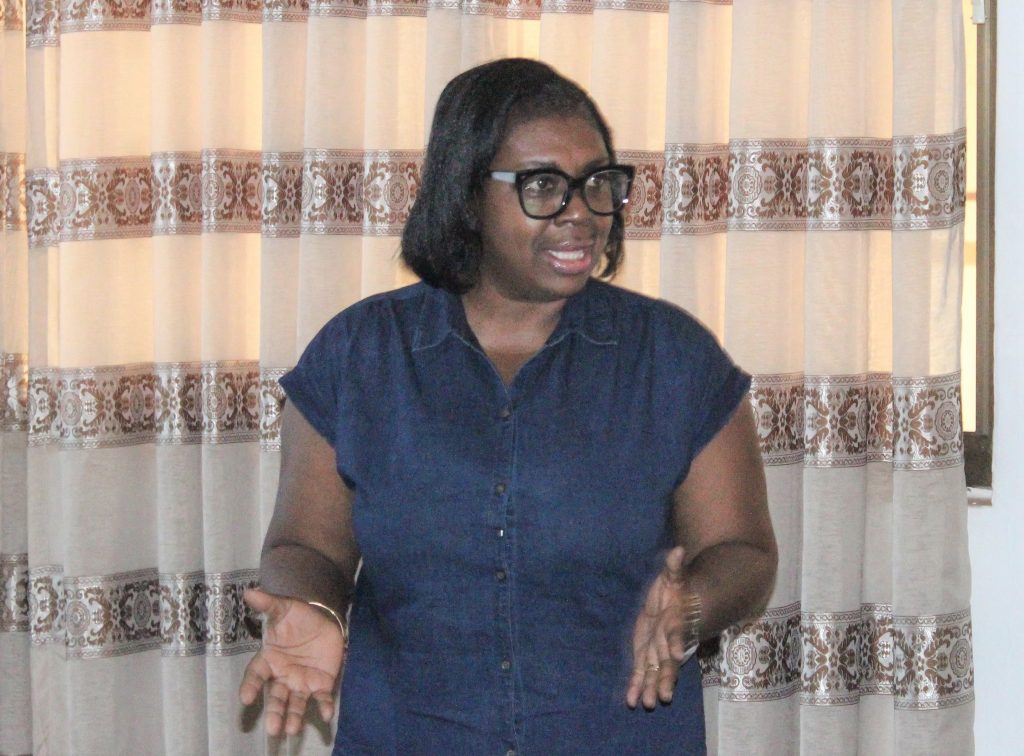By Benjamin A. Commey
Accra, Aug. 21, GNA – A Legal Practitioner, Nana Yafua Amua-Sekyi, has urged journalists to hold high the ethical tenets of the profession to avoid civil suits.
She said even though the criminal libel law under which many journalists were sued, had been repealed, they could still be sued under civil suits if they published stories deemed untrue or slanderous.
The criminal libel law was repealed in 2001 by former President, John Agyekum Kuffour, with the view of expanding the frontiers of press freedom as guaranteed under the 1992 Constitution, particularly Article 21(1)(a) and Chapter 12.
Despite this, many journalists have faced different jail sentences for publications of stories deemed as false or slanderous, with the most recent one being a TV presenter with a private network who was fined for publishing false news.
Speaking at a workshop for journalists, in Accra, over the weekend on “The Law and Media Reportage on Sexual and Gender-Based Violence”, Mrs Amoa-Sekyi explained that being a journalist did not exempt one from law suits.
She entreated journalists to hold high the core ethics of journalism such as objectivity, truthfulness and check and recheck information to ascertain the fact before publications.
The workshop, organised by International Network of Religious Leaders Living with or personally affected by HIV and AIDS (INERELA+ Ghana), was to equip journalists with the laws governing their trade to ensure responsible journalism.
The workshop was funded by the United Nations Women Trust Fund.
Mrs Amoa-Sekyi who is also the Director of Public Education, Commission on Human Rights and Administrative Justice (CHRAJ), said journalists must double check information to establish the truth before publication.

“Check, cross check your fact again. Don’t be in a hurry to be the first to break the news without cross-checking the facts. So, please go according to the ethical standards used in training you which included being truthful, sincere, responsible, and fair,” she emphasised.
Other areas the workshop focused on were the causes and consequences of stigma against persons living with Human Immune Virus (HIV) and the Acquired Immune Deficiency Syndrome (AIDS) and sexual and gender-based violence.ence.
On sexual and gender-based violence, Mrs Paulina Louisa Essel, a Licensed Counsellor, said psychological trauma remained a major concern for survivors of sexual and gender-based abuses.
She, appealed to journalists to highlight more on the psychological aspect of such abuses to reduce the likelihood of survivors causing harm to themselves.
She also admonished the media to be circumspect and more responsible when reporting on such issues in order not to worsen the plight of the survivors.
“Be accurate and use the right language,” Mrs Essel noted, adding that, “not every assault is rape, so when you are choosing the words for your story, choose the right word to decribe the innciden.”
Mrs Mercy Acquah-Hayford, the National Coordinator for INERELA+ Ghana, reiterated the need for the media to help fight stigma, saying, “stigma kills.”
GNA